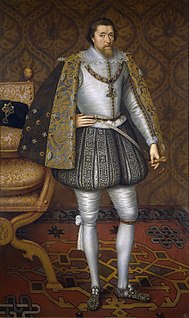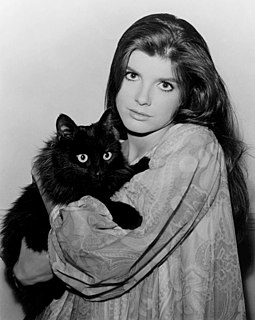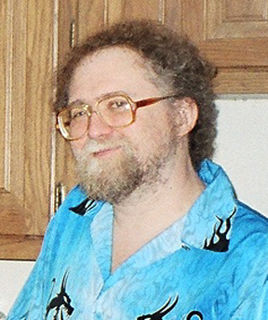A Quote by Claire Tomalin
As he approached his 28th birthday in February 1840, Dickens knew himself to be famous, successful and tired. He needed a rest, and he made up his mind to keep the year free of the pressure of producing monthly installments of yet another long novel.
Related Quotes
Wilkie Collins was a rival and competitor of Dickens. His novel Moonstone sold more copies at the time than Dickens' last two books. But that meant nothing in the long run. Right now, to be honest, Wilkie Collins is what he deserved to be back then: a footnote, an almost lost memory. And he knew he would become that.
On the outside, Oscar simply looked tired, no taller, no fatter, only the skin under his eyes, pouched from years of quiet desperation, had changed. Inside, he was in a world of hurt. He saw black flashes before his eyes. He saw himself falling through the air. He knew what he was turning into. He was turning into the worst kind of human on the planet: an old bitter dork. Saw himself at the Game Room, picking through the miniatures for the rest of his life. He didn't want this future but he couldn't see how it could be avoided, couldn't figure his way out of it. Fukú.
If a young man gets married, and starts a family and spends the rest of his life working at a soul-destroying job, he is held up as an example of virtue and responsibility. The other type of man, living only for himself, working only for himself, doing first one thing and then another simply because he enjoys it and because he has to keep only himself, sleeping where and when he wants, and facing woman when he meets her on equal terms and not as one of a million slaves, is rejected by society. The free, unshackled man has no place in its midst.
The ignorant man is not free, because what confronts him is an alien world, something outside him and in the offing, on which he depends, without his having made this foreign world for himself and therefore without being at home in it by himself as in something his own. The impulse of curiosity, the pressure for knowledge, from the lowest level up to the highest rung of philosophical insight arises only from the struggle to cancel this situation of unfreedom and to make the world one's own in one's ideas and thought.
What a wee little part of a person's life are his acts and his words! His real life is led in his head, and is known to none but himself. All day long, the mill of his brain is grinding, and his thoughts, not those of other things, are his history. These are his life, and they are not written. Everyday would make a whole book of 80,000 words -- 365 books a year. Biographies are but the clothes and buttons of the man -- the biography of the man himself cannot be written.
He was welcome everywhere he went, and was well-aware of his inability to tolerate solitude. He felt no inclination to be alone and avoided it as far as possible; he didn't really want to become any better acquainted with himself. He knew that if he wanted to show his talents to best advantage, he needed to strike sparks off other people to fan the flames of warmth and exuberance in his heart. On his own he was frosty, no use to himself at all, like a match left lying in its box.
Long ago man formed an ideal conception of omnipotence and omniscience which he embodied in his gods. Whatever seemed unattainable to his desires - or forbidden to him - he attributed to these gods... Now he has himself approached very near to realizing this ideal, he has nearly become a god himself.


































